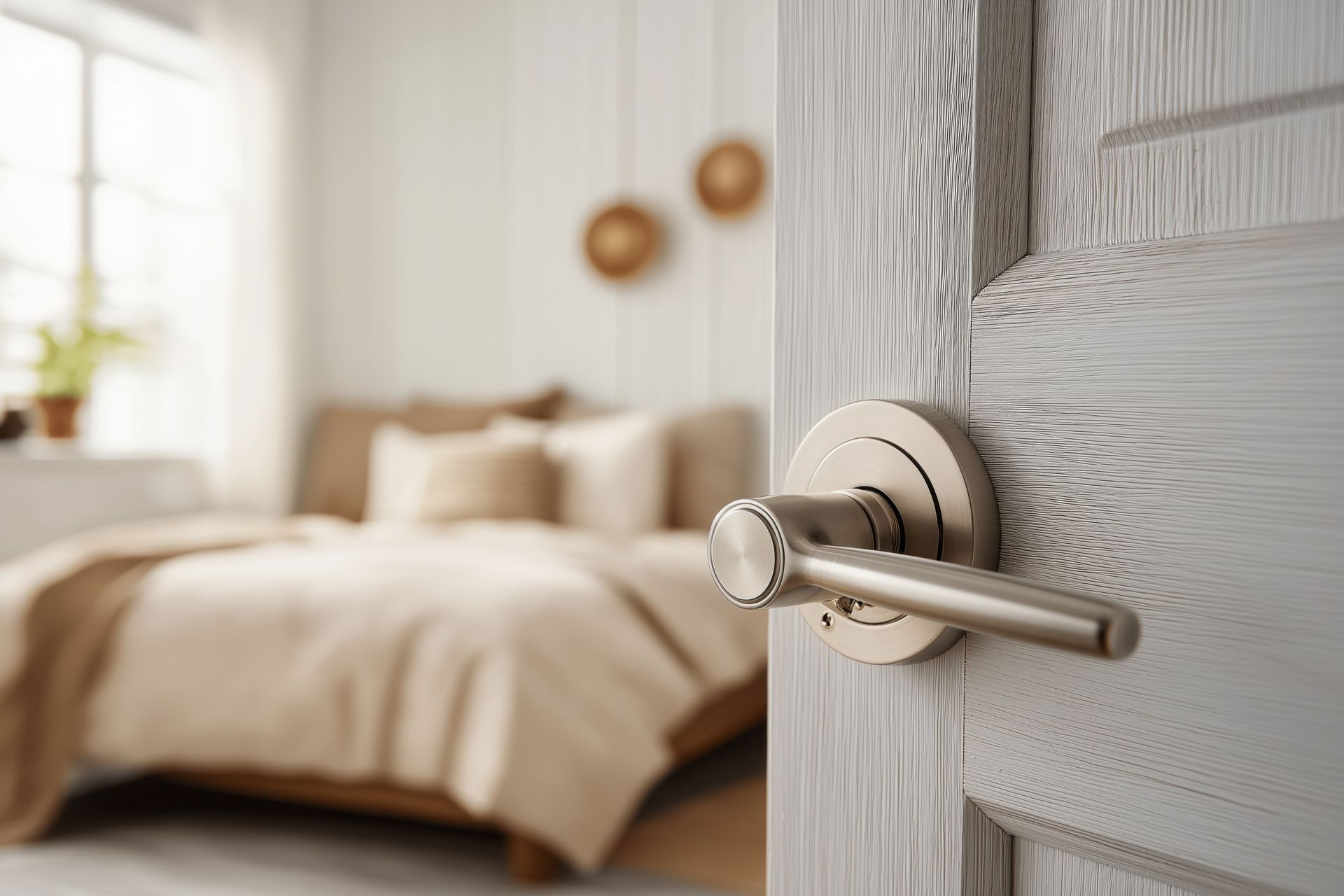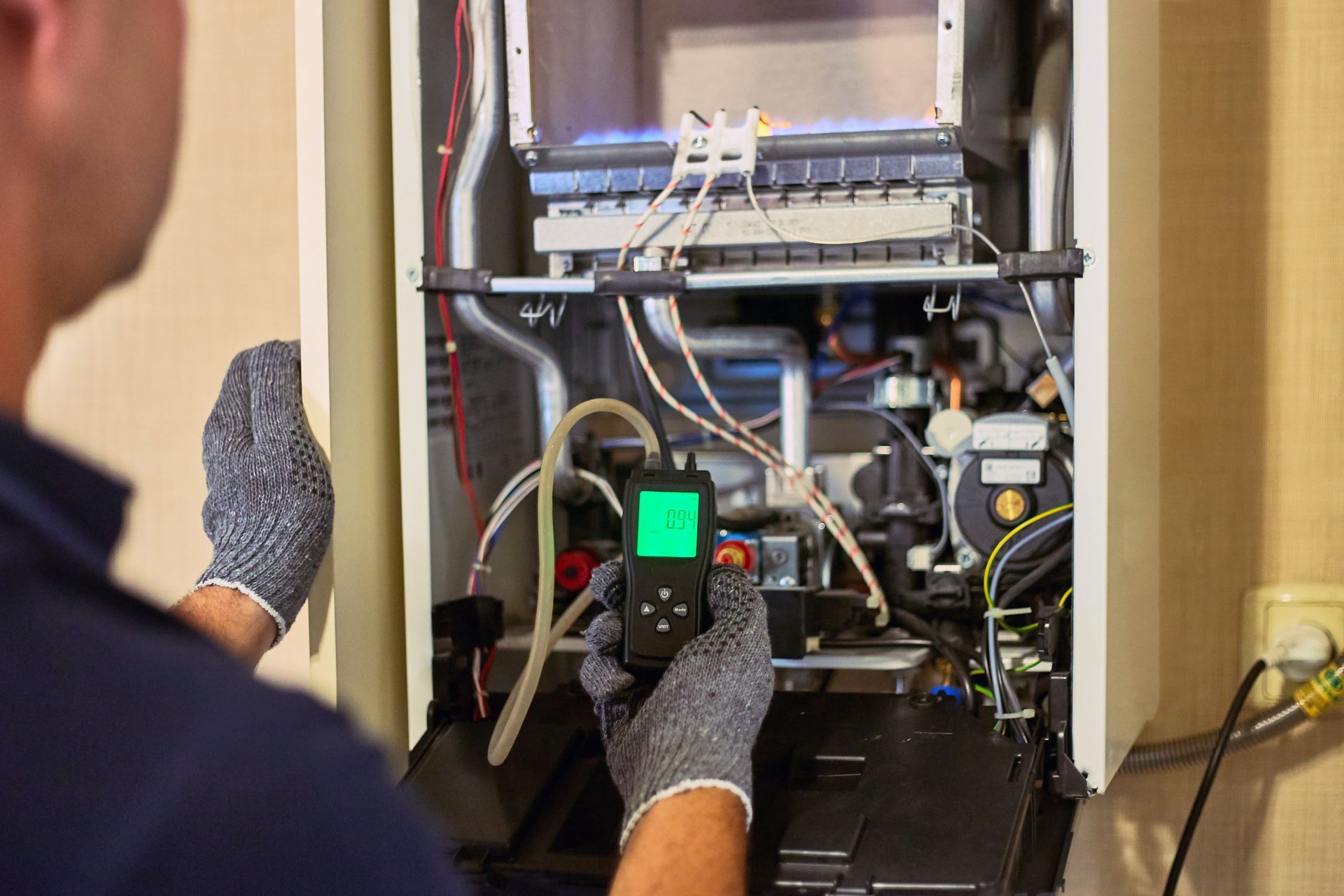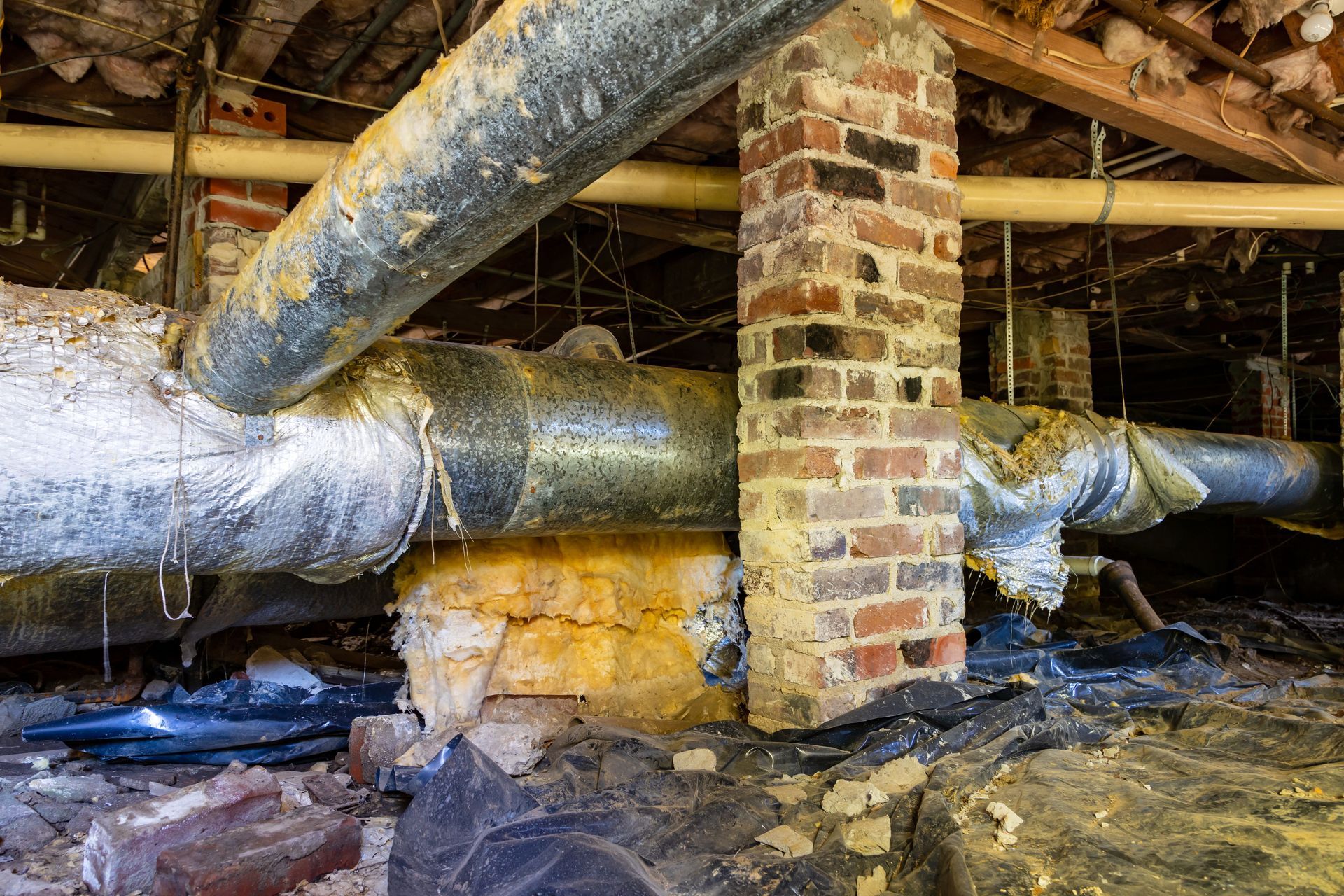What Are the Differences Between Hard Water and Soft Water, and How Do They Affect My Plumbing?
Have you ever noticed a build-up of scale on your faucets or felt like your skin was particularly dry after a shower? These could be signs of hard water running through your pipes. Understanding the differences between hard water and soft water is not just a matter of chemistry; it's about knowing how each type affects your household, from you and your family’s skin to the lifespan of your plumbing.
In Arlington, TX, where the water hardness can vary, it's particularly crucial for homeowners to recognize these differences and their implications.
The Science of Water Hardness
Mineral content is the primary factor influencing water hardness. Hard water has high levels of minerals like magnesium and calcium, while soft water has few of these minerals present. The level of minerals is typically measured on a parts per million (ppm) scale. Hard water often has between 100 and 150 ppm of minerals – which equates to about eight to ten grains per gallon. Soft water should have between zero and 17 ppm, or no more than one grain per gallon.
How Can I Tell if My Home Has Hard Water?
There are some signs you’ll be able to spot or feel if you’re not sure whether your home has hard water, including:
- Limescale build-up on fixtures
- Spots on glassware after washing
- Reduced soap lather
- Dry, itchy skin and dull hair
- Higher utility bills due to inefficient appliance operation
How to Feel the Difference
The sensation of soft water is often described as silky or smooth against the skin, a luxurious contrast to the slightly abrasive feel of hard water. In the shower, soft water creates a rich, foamy lather from soaps and shampoos, rinsing away cleanly without leaving any filmy residue behind.
Conversely, hard water can make cleansing products less effective, resulting in a less satisfying lather and potentially leaving skin feeling slightly sticky or coated due to the minerals that remain on the skin.
For many, the experience of soft water is a subtle indulgence, leaving hair more lustrous and skin more supple, while hard water can lead to a more stringent feeling, often necessitating the use of more moisturizers and conditioners to counteract its drying effects.
What’s the Natural State of Water?
Hard water is a natural occurrence. As water moves through soil and rock, it dissolves small amounts of these natural minerals and carries them into the water supply. In moderate quantities, minerals commonly found in your water, like calcium and magnesium, aren't typically harmful to ingest, but they can be hard on your skin or hair.
On the flip side, soft water, which contains few to no extra minerals, is gentler on your home’s plumbing, appliances and your body. Although soft water is naturally occurring in some areas, water in the reservoirs Arlington residents use is not renowned for its softness. Homeowners who want soft water usually need to have a water softening system installed.
Impact on Plumbing and Appliances
The Effects of Hard Water
The minerals in hard water can cause scale build-up in pipes, reducing water flow and clogging plumbing. Over time, this can lead to increased pressure on your pipes and appliances, potentially shortening their lifespan. Appliances such as water heaters, washing machines and dishwashers are especially vulnerable because the hot water they use can cause these minerals to precipitate out faster, forming scale on heating elements and moving parts.
Soft Water Advantages
In contrast, soft water is kinder to your plumbing system. Because it lacks the heavy minerals of hard water, soft water minimizes scale build-up. This means pipes remain clearer, water pressure stays consistent and appliances can work more efficiently and last longer. Furthermore, soft water is more effective with soaps and detergents, reducing the amount needed for cleaning and thereby providing cost savings and environmental benefits.
Mitigating the Effects
Water Softeners
The most common solution for hard water is installing a water softener. This device uses an ion exchange process to replace hard minerals with sodium ions, effectively softening the water. Homeowners should consider the size and type of water softener they need based on their water usage and hardness level.
Descale Plumbing
Regularly descaling your plumbing can help manage the impact of hard water. This can be a complex process and might require professional assistance from a trusted plumber.
Get Soft Water and All the Benefits in Your Arlington Home with the Help of Tom’s Mechanical Plumbers
The difference between hard and soft water can significantly impact your plumbing and daily life. In areas like Arlington, TX, where water hardness can be an issue, understanding these differences is essential. By taking steps to counteract hard water or by embracing the benefits of soft water, homeowners can protect their plumbing systems, enhance their quality of life and potentially save money in the long run.
For personalized advice on water treatment and to ensure your plumbing is in top condition, reach out to Tom's Mechanical at (817) 277-4493.



